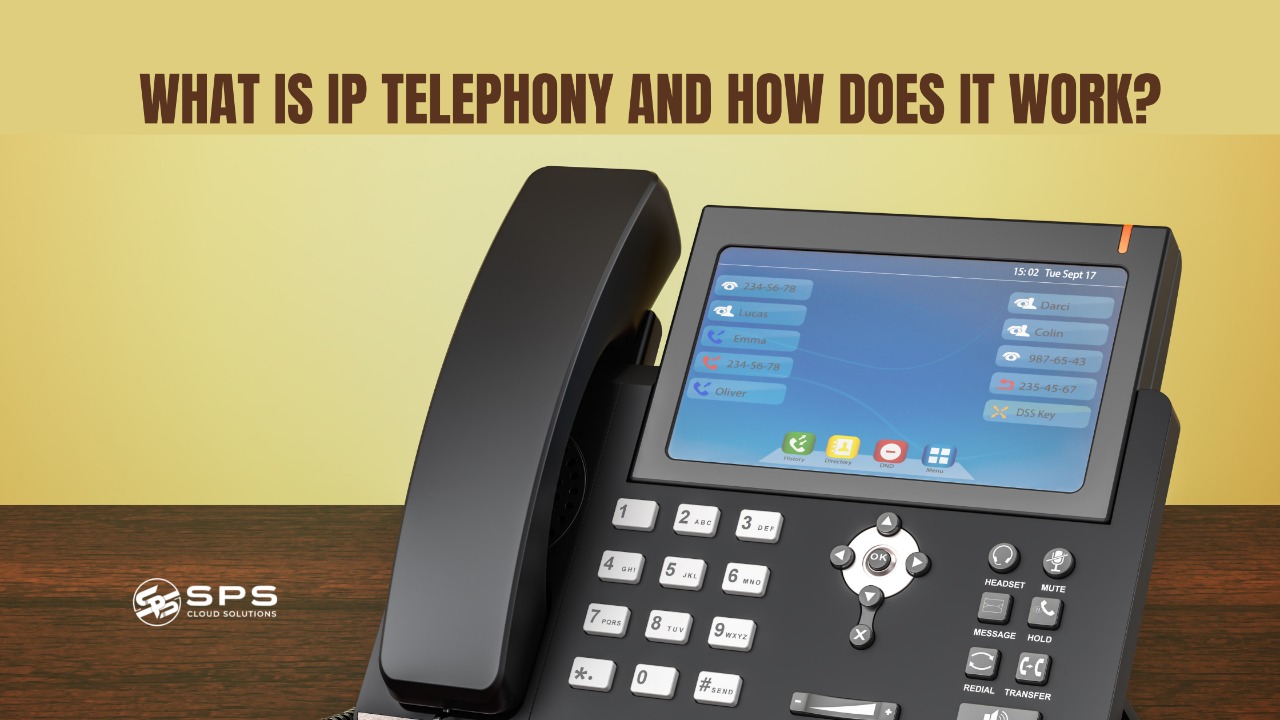Why Businesses Are Rapidly Adopting Managed IT Services
Information Technology is becoming a core pillar of modern business operations. Today, companies of all sizes rely heavily on technology to improve efficiency, enhance customer experience, and stay competitive. As a result, an increasing number of organizations are turning to managed IT services — and the reason is simple: it saves cost, boosts productivity, and allows businesses to focus on what they do best.
Digital Transformation: A Corporate Reality
Across industries, businesses are replacing outdated on-premise systems with efficient, cloud-based digital solutions. However, digital transformation is not always easy. Migrating infrastructure, securing data, managing new systems, and ensuring uninterrupted operations require expertise and continuous monitoring.
To reduce this burden, companies are now teaming up with managed service providers (MSPs). Today, over two-thirds of businesses work with at least one MSP, proving how crucial outsourced IT management has become.
Managed service providers handle the entire backend — maintenance, monitoring, upgrades, troubleshooting, and security — while in-house IT teams can focus on strategic tasks that fuel growth and innovation.
✅ Top 5 Reasons to Hire Managed IT Services
1. Cost-Effective Operations
Maintaining an in-house IT team is expensive. Salaries, training, infrastructure, and unexpected repair costs can burden businesses, especially SMEs.
By outsourcing IT management:
- You pay a predictable monthly fee.
- No need to hire or train specialized resources.
- Your financial team can budget IT expenses accurately.
This makes managed IT services a smart financial decision for small and medium businesses aiming to cut operational costs without compromising technology.
2. Access to the Latest Technology
Technology evolves fast — cybersecurity threats, new software releases, cloud migration, automation, and more. For smaller organizations, staying updated can be challenging.
Managed IT service providers:
- Bring industry-level expertise
- Offer the latest tools and solutions
- Ensure you remain ahead of competitors
You get advanced technology and professional support without spending heavily on upgrades.
3. Maximum Uptime
Uptime refers to the amount of time a network or system remains operational. Downtime can lead to:
- Lost revenue
- Damaged reputation
- Disrupted customer service
Managed service providers ensure uninterrupted business operations with:
- Real-time monitoring
- Preventive maintenance
- Business Disaster Recovery (BDR) plans
Even during system failures, they get everything back up quickly, minimizing business impact.
4. 24×7 Monitoring and Support
Unlike occasional IT check-ups, managed services offer continuous monitoring — day and night.
✔ Immediate detection of issues
✔ Instant response to failures
✔ Problems solved before users even notice
Whether it’s a minor glitch or a major network issue, dedicated support ensures your business never pauses.
5. Data Security & Compliance
Every business handles sensitive information — customer data, financial records, internal files. A single breach can be disastrous.
Managed IT services ensure:
- Advanced cybersecurity protection
- Data backup and restoration
- Compliance with evolving regulations
With strong security measures in place, clients trust you more, and your business remains legally compliant and well-protected.
✅ Final Takeaway
Managed IT services are no longer a luxury — they are a necessity for businesses that want to operate efficiently, reduce costs, and stay technologically competitive. By outsourcing IT management, companies gain expert support, better security, predictable budgets, and the freedom to focus on strategic business growth.






